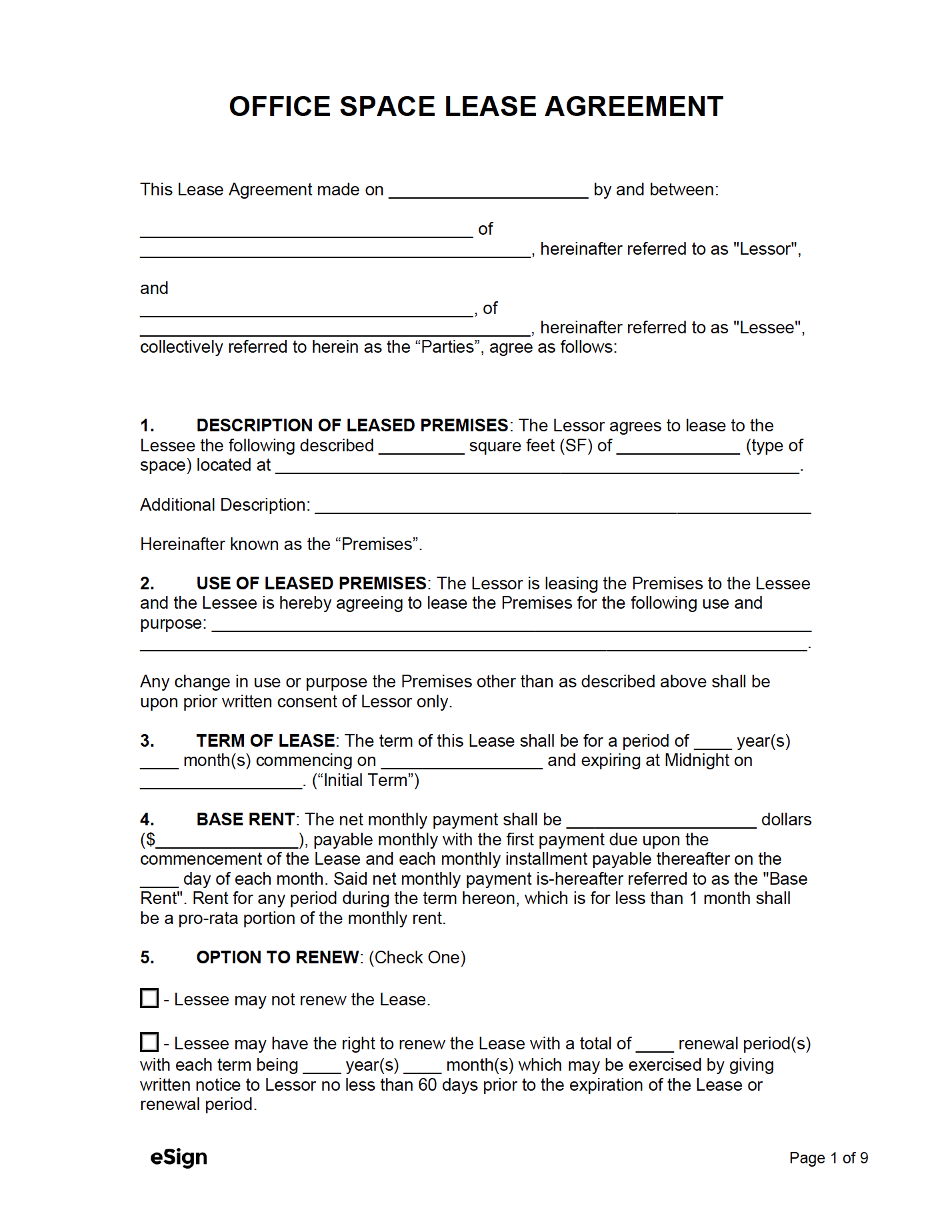What should I be wary of in an office lease agreement? – StartupSmart
I’m about to sign a lease agreement for an office. Is there anything in the small print that I should particularly look out for?
Leases are not exactly bedtime reading. It’s tempting to scan the small print, assuming that the contents will be standard. So it’s good that you’re asking this question.
The first step is to make sure that you understand everything. The simpler and shorter the contract; the easier this will be. There’s seldom any need for the multi-page contracts that SMEs are often faced with – at Regus, for example, we just use a simple one-page contract.
Second step is to use your imagination – not something one usually associates with reading legal documents. The purpose of this is to identify ‘What if …’ situations.
In my experience, the thing people most fear in leases is hidden charges, but inflexibility can actually be more of a problem. This is why your ‘What ifs’ are important. However good a business plan; reality rarely follows the dots exactly. Problems occur, economic circumstances change, and, of course, good news happens too – you win contracts, or are invited into a new project or market.
All these things can change your need for people and therefore workspace. And you may find that your lease prevents you from carrying out your plans – either you’re lumbered with too much space, or you’re lumbered with too little and cannot take on new people, either permanently or temporarily.
So rather than look out for specific pitfalls, try to think of everything that could happen to your business over the entire period of the lease – both good and bad – and consider whether the lease would accommodate that. If it wouldn’t, then it may not be right for you.

